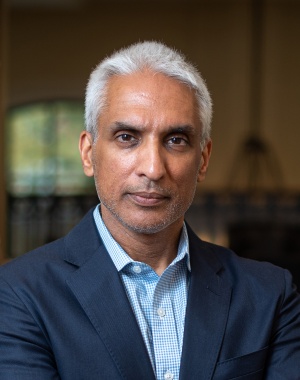
Ford School experts are available to discuss the toppling of the Syrian government—and the end to the Assad family's half-century of rule.
Javed Ali is an associate professor of practice at the Ford School of Public Policy and former senior U.S. government counterterrorism official.
"The stunning developments of the fall of the brutal regime of Bashar Assad in Syria has come to an end, with major questions and concerns about what comes next for Syria and the region," Ali said. "One of the most significant aspects is the future orientation of the Islamist group Hayat Tahrir al-Sham, the most powerful element of the rebel coalition in Syria and how it intends to govern or form alliances with other anti-Assad elements.
"HTS was previously known as Jabhat al-Nusra in the early 2010s, and was for a few years affiliated with al-Qaida even after Osama bin Laden's death in May 2011. Nusra split off in the mid-2010s and since then has attempted to adopt a more inward and locally focused orientation on removing Assad from power and eventually ruling under a conservative form of Sharia law, rather than promoting a more externally directed program of launching operations against the West and using Syria as a launch pad.
"Whether HTS now chooses a path that resembles something like the Taliban in Afghanistan following their return to power in the summer of 2021 or something else that threatens the West is an open question but deserves serious attention from the United States and the international community."
______________________________________________________________________
Megan Stewart is an associate professor at the Ford School of Public Policy. She is the author of "Governing for Revolution," in which she explains why some rebel groups undertake complex and challenging wartime projects to transform social orders by altering hierarchies of power, while most others do not.
"The regime of the brutal dictator Bashar Assad fell after more than a decade of violence and war crimes that killed hundreds of thousands of people and forced many others to flee their homes," Stewart said. "The rebel group Hayat Tahrir al-Sham has claimed victory in Damascus.
"Once linked to both the Islamic State in Iraq and al-Qaida, HTS charted a separate course that foregrounded its governance institutions, using them to strategically demonstrate a more pragmatic approach than its predecessors and cultivate a degree of international acceptance."

